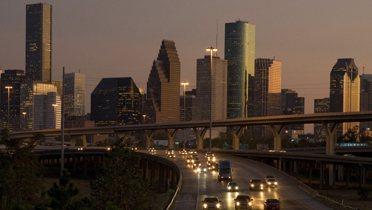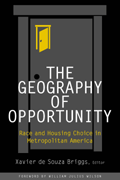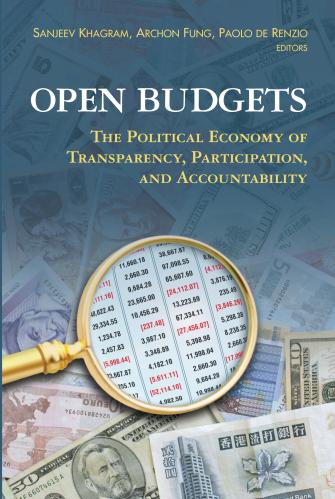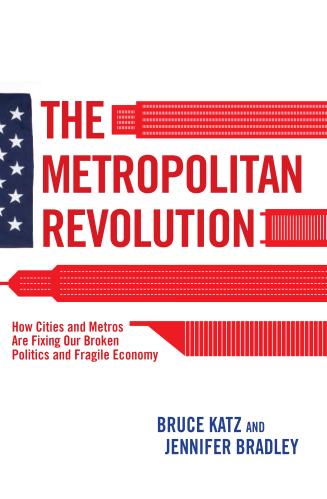The following is an excerpt of an address by Bruce Katz to the Global Metro Summit 2010: Delivering the Next Economy in Chicago on December 8, 2010. To watch the full presenation, visit the Global Summit
event page.
We must shape a different kind of economy, a next economy that is driven by exports, powered by low carbon, fueled by innovation, and rich with opportunity. This is a vision where we export more, we waste less, we innovate in what matters, we produce and deploy more of what we invent, and we ensure that the economy actually works for working families.
The next economy will be largely metropolitan in form and in function. Our major metro areas in this country generate nearly three-quarters of our gross domestic product. We may be nostalgic about small-town America, but it is metropolitan America that drives our national economy and determines our national prosperity.
The U.S. must be the world’s “innovation nation,” a hothouse not just of ideas and invention, but a platform for advanced production. I believe we’re on the cusp of an historic era of technological progress, of technological acceleration, which will dramatically change how people live, companies operate, and communities function. I think this could be our future.
[Opening credits from the animated series The Jetsons]
Okay, maybe we won’t have that much innovation, at least in this century. But self-driving vehicles, smart homes, remote monitoring of health – the future is coming soon and, in some cases, is already here. These technologies are not just cool stuff. They will change lives, they will save lives, they will drive investment, they will create jobs, and they will transform economies.
Can the U.S. seize the future and be the world’s innovation nation? We now place just 45th out of 93 countries in the share that science and engineering degrees make up of bachelor’s degrees. Going forward, we will innovate less if we do not embrace, fully, science and technology.
The U.S. lags on the conversion of innovation into homegrown production. We have gone from running a trade surplus in advanced technology products to running a trade deficit over the past decade. Going forward, we will innovate less if we do not produce more. We must make things again in the United States. It is time to rediscover our innovation mojo. In our vocational and tech schools, on our factory floors, in the tradable goods and services sectors that drive wealth creation and sustainable growth.
Now finally, the next economy does have the potential to be opportunity-rich. And innovation has always been the historic catalyst and fuel for economic growth. The next economy will be largely metropolitan in form and in function. This is true abroad as I mentioned before. It is absolutely true here in the United States. This is the real heart of the American economy. One hundred metropolitan areas that after decades of growth constitute only 12 percent of our land mass, but house two-thirds of our population, and generate three-quarters of our gross domestic product. These metros form a new economic geography, seamlessly enveloping cities and suburbs, exurbs and rural towns. And they pack a powerful punch.
Chicagoland is home to 67 percent of the population of this state, but you contribute 78 percent of your state’s GDP. Greater Seattle: Fifty-one percent of the state of Washington, but 69 percent of the economic output of that state. And metro areas generate the majority of GDP in 47 of the 50 states, including such “rural” states as Nebraska, Iowa, Kansas, and Arkansas. Bottom line: There is no national American economy. Rather the U.S. economy is a network of powerful metropolitan economies and metropolitan economies are powerful precisely because they bring together networks of large firms, small entrepreneurs, skilled labor, advanced research, colleges and schools, business associations, and yes, government.
And on innovation more broadly, our major metros are the nation’s knowledge centers. They gather our most educated citizens, they produce the bulk of our patents, they receive the lion’s share of NIH and NSF funding, and they provide almost all of the venture capital that turns research ideas into production. In short, the next economy will be shaped, determined, and delivered by metropolitan America.
The Brookings Institution is committed to quality, independence, and impact.
We are supported by a diverse array of funders. In line with our values and policies, each Brookings publication represents the sole views of its author(s).








Commentary
Innovation Will Fuel Growth in the Next Economy
January 31, 2011